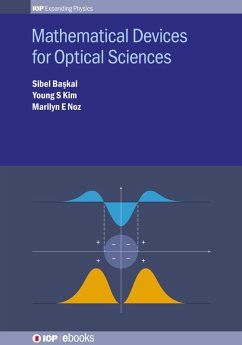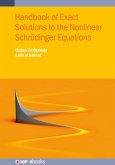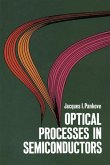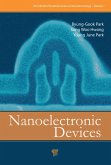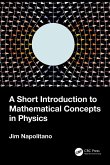The Lorentz group, which is the underlying scientific language for modern optics, has most notably been used for understanding Einstein's special relativity. By using a simplified approach of two-by-two matrices and Wigner functions, this book provides a basic and novel approach to classical and quantum optics, making these difficult subjects more transparent to the reader.
Beginning with the background of the physics and mathematics of harmonic oscillators, the basic language for quantum mechanics and quantum optics is presented. As two-coupled oscillators lead to the mathematics of the Lorentz group, this book discusses the Lorentz group for optical instruments, Wigner functions and quantum entanglements, as well as specifically addressing how the Lorentz group can be used for fundamental issues in quantum optics and in quantum mechanics.
Beginning with the background of the physics and mathematics of harmonic oscillators, the basic language for quantum mechanics and quantum optics is presented. As two-coupled oscillators lead to the mathematics of the Lorentz group, this book discusses the Lorentz group for optical instruments, Wigner functions and quantum entanglements, as well as specifically addressing how the Lorentz group can be used for fundamental issues in quantum optics and in quantum mechanics.
Dieser Download kann aus rechtlichen Gründen nur mit Rechnungsadresse in A, D ausgeliefert werden.

